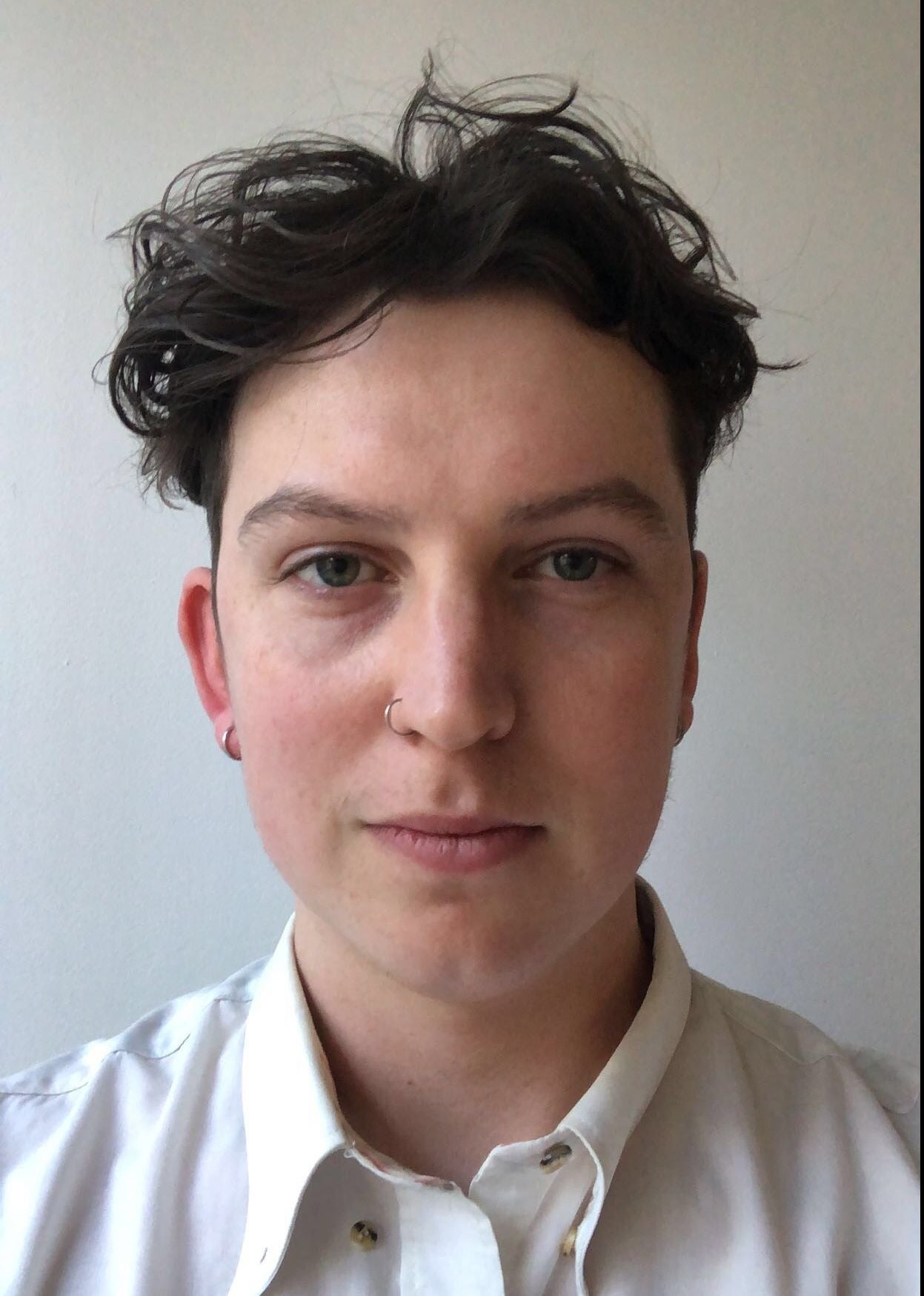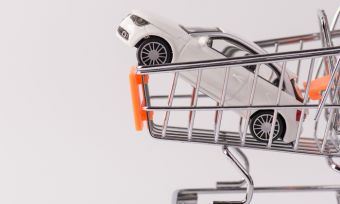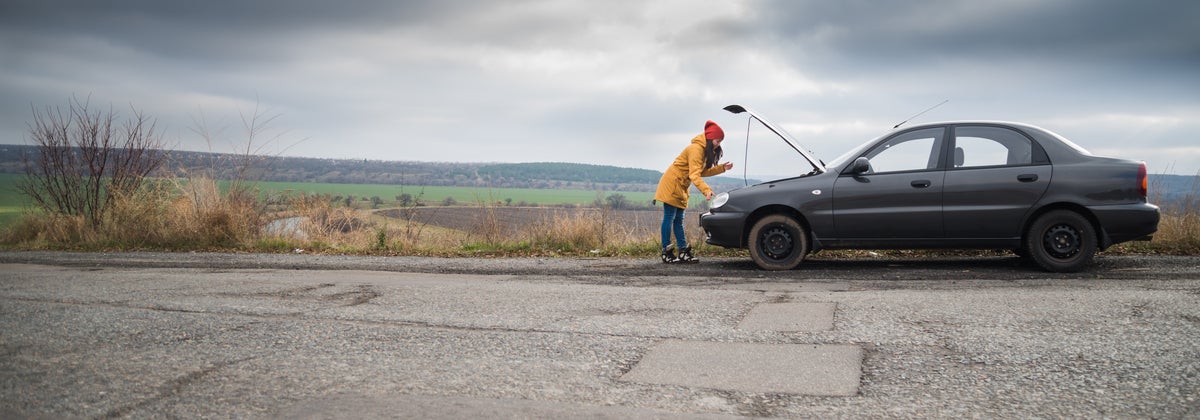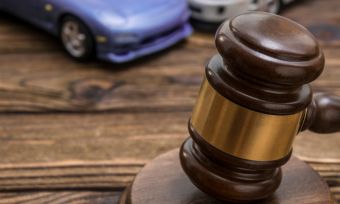A car accident is something that we all hope to never experience. But accidents do occur. So should the worst happen to you, would you know what to do?
Canstar looks at the steps you need to take should you be involved in a car accident out on the road.
I’ve just had a crash, what should I do?
For a minor car accident
If it’s a crash that doesn’t involve any injuries and isn’t too serious, you should swap names and addresses with the other motorists involved. If safe to do so, you can continue to drive your vehicle, or organise towing if your car is more seriously damaged. You will then need to get in contact with your insurer about the next steps.
If the crash involved another person’s property, like a fence or wall, you should report it to the owner of the property within 48 hours of the crash. If you can’t get in touch with the owner of the home, report it to the police within 60 hours of the crash. Gather as much information as you can after the accident, including photos, as they’re helpful in the case of a dispute.
For a more serious car accident
If you can still drive your car, and it’s safe to do so, pull over so it’s out of the way of other traffic and then:
- Switch on your hazard lights
- Turn off the ignition of all involved cars (if possible)
- Check whether anyone has been injured
- If someone has been hurt, call 111 for an ambulance
The NZ Road Code emphasises that following a crash, some airbags may not be deployed. If you need to enter a crashed vehicle, don’t place yourself between any undeployed airbag and an injured or trapped person. Undeployed airbags can deploy with force minutes after a crash and could injure both you and the injured/trapped person.

When should you move someone involved in a crash?
The only instance when you should move someone before medical help arrives is when the person is trapped in a vehicle that’s on fire or in danger of catching fire. Or it’s necessary to move them to give CPR, mouth-to-mouth resuscitation or to stop severe bleeding. Otherwise, wait for medical help.
If the crash victim is a motorcyclist, you should never remove their helmet.
Do I need to tell the police if I’ve had a car accident?
All crashes resulting in injury (like broken bones or time in hospital) should be reported by calling 105 in New Zealand, or visiting your local police station as soon as you can, and no later than 24 hours from the time of the accident.
Obviously, in an emergency, when people are badly injured, you’d call 111 first.
If the accident is minor, there are no injuries, and you and the other parties involved have exchanged details and it is being handled by your insurance, then you don’t need to involve police.
When do I need to contact my insurer?
If you have car insurance, tell your insurance company as soon as possible. They’ll require as much information as possible about the accident. So be sure to get as many details as you can.
Check your policy wording carefully, as you might be entitled to a rental car or compensation for transport while your car’s being repaired. Every insurer has different terms and conditions on their policies. It pays to familiarise yourself with these and check if there’s anything specific required from you after an accident.
What if the accident was my fault?
Avoid admitting liability at the scene, and avoid getting into a confrontation with the other driver. Stay calm and take down the details of what happened as you see them. Write down the time it happened, the location, the weather, and the names, addresses and phone numbers of any witnesses. The registration plates of the vehicles involved and their makes are helpful, too. Your insurer will be the one that determines liability.
If you are at fault, you’ll still be covered (if you have comprehensive car insurance). But you’ll have to pay excess, and your premiums may be impacted in the future.
What if I’m not at fault?
The procedure remains the same. The only difference is that your insurer will look to recoup any payouts from the other driver (or their insurer). You may also not have to pay any excess and you might even get to keep any no claims bonus you have.
→Related article: Making a Car Insurance Claim if You’re Not at Fault
How much will my insurance pay?
Your compensation after a car accident will depend on your insurance policy. If you’ve a comprehensive insurance policy, then the policy should compensate you for any damages you or the other person has suffered up to the maximum limit, minus your excess.
If you only have a third-party policy, then any damage to the other vehicle (or property) will be covered. But, you’ll have to cough up for your own repairs.
While it’s not required that you insure your car in NZ, it’s a good idea to have at least some basic form of insurance, such as third-party insurance. If you don’t, you could end up having to pay a lot of money to fix someone else’s car, as well as your own.
What if I’m in a car accident and I don’t have insurance?
If you’re at fault, then you’re in trouble. You’ll have to pay for any damages yourself. If the other driver is at fault, and they have insurance, then you might be covered under their policy. But again, that’s if they are at fault.
Otherwise, if neither of you have insurance, then you need to come to an agreement between yourselves.
If the other driver admits responsibility and says they’ll pay for the repairs, it’s a good idea to get this in writing. In case there’s a dispute about it later on. It’s also useful to get a few quotes for the repairs so you know how much to claim from the other driver.
If you can’t agree on who should pay, either party can make a claim at the Disputes Tribunal to settle the matter. The tribunal can help determine who should pay, but they can’t help if one party has agreed they’re at fault but refuses to, or can’t afford to pay.

About the author of this page
This report was written by Canstar Content Producer, Andrew Broadley. Andrew is an experienced writer with a wide range of industry experience. Starting out, he cut his teeth working as a writer for print and online magazines, and he has worked in both journalism and editorial roles. His content has covered lifestyle and culture, marketing and, more recently, finance for Canstar.
Enjoy reading this article?
You can like us on Facebook and get social, or sign up to receive more news like this straight to your inbox.
By subscribing you agree to the Canstar Privacy Policy




Share this article